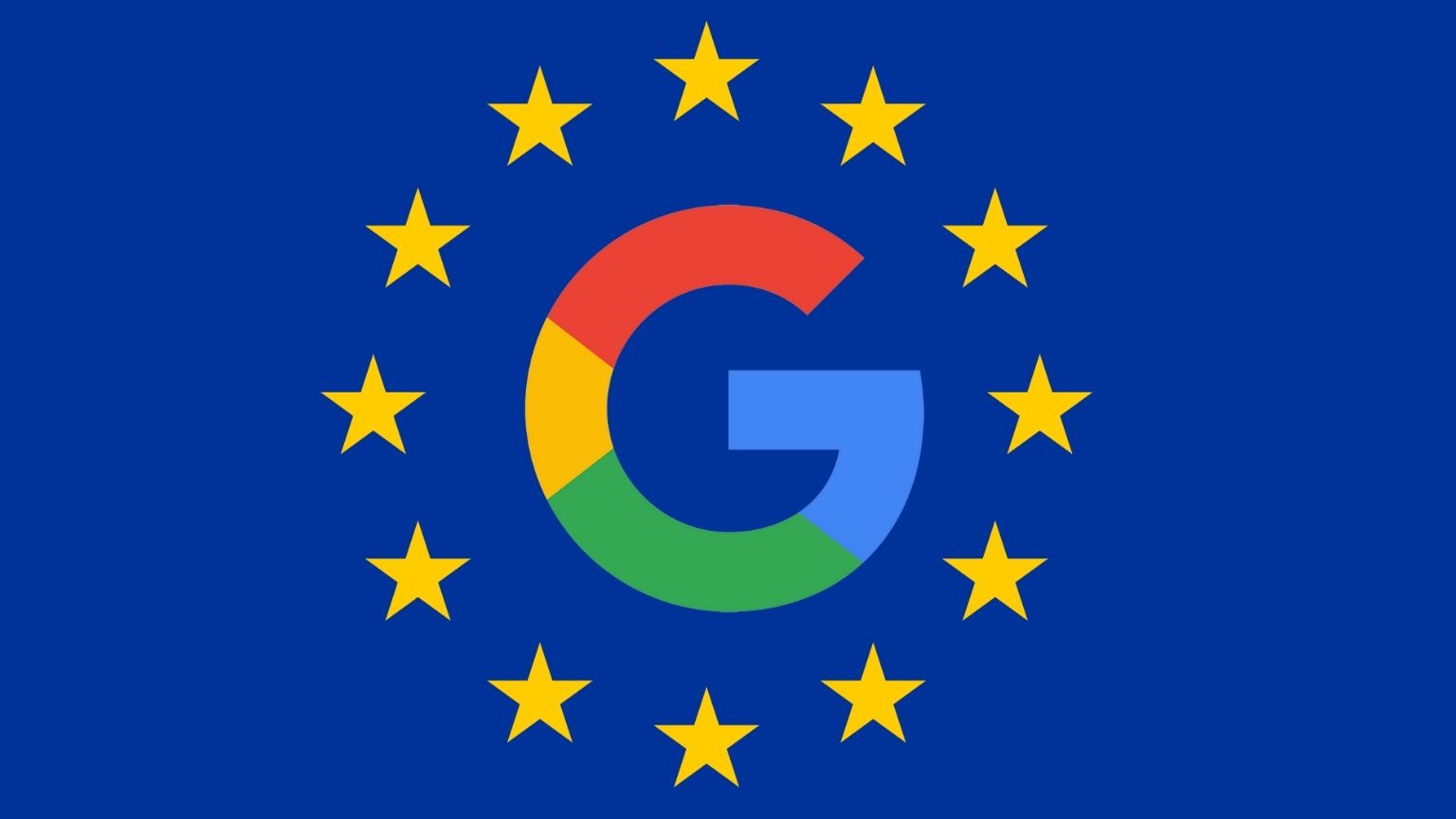The European Commission has announced that it had extended its Coronavirus “disinformation” monitoring program for another six months, to June 2022.
The commission also published the latest reports on the action taken by online platforms between September and October.
Values and Transparency Vice President Věra Jourová said: “The pandemic is not over yet, this is why we want platforms to intensify efforts in addressing COVID-19 disinformation, including on vaccines and in all EU languages. We also expect the platforms to translate lessons learned from the COVID monitoring program into a stronger monitoring framework for the new anti-disinformation Code.”
Internal Market Commissioner Thierry Breton added: “Current and prospective signatories must work together efficiently and deliver a strong Code. Expectations are high given the stakes and time is pressing. This Code will be a clear game changer to adapt the responsibility of online platforms by ensuring timely, adequate and efficient measures to fight disinformation in the EU. The informational space should not be a Wild West exposing citizens to untamed disinformation flux.”
Recently, 26 more potential signatories joined in the drafting process of a strengthened Code of Practice on Disinformation, whose deadline was extended to March 2022. The commission hopes the extended deadline will allow the drafting of a strong code. It expects the signatories will respect the guidance and consider the recommendations given by the European Regulators Group for audiovisual Media Services (ERGA) recently.
According to the reports about actions taken by social media platforms between September and October, Facebook updates its worldwide COVID-19 policies to include vaccinations for kids. Claims that vaccines for kids do not exist, are untested or unsafe are not allowed.
Twitter also updated its “misleading” information about vaccines policy.
YouTube expanded its medical misinformation guidelines to include claims that contradict consensus by the WHO and local health authorities.
TikTok increased the keywords and hashtags that can return tags and banners about COVID-19 vaccines.
Microsoft’s LinkedIn increased collaboration with influencers in Europe to spread “credible” information about the vaccines.













